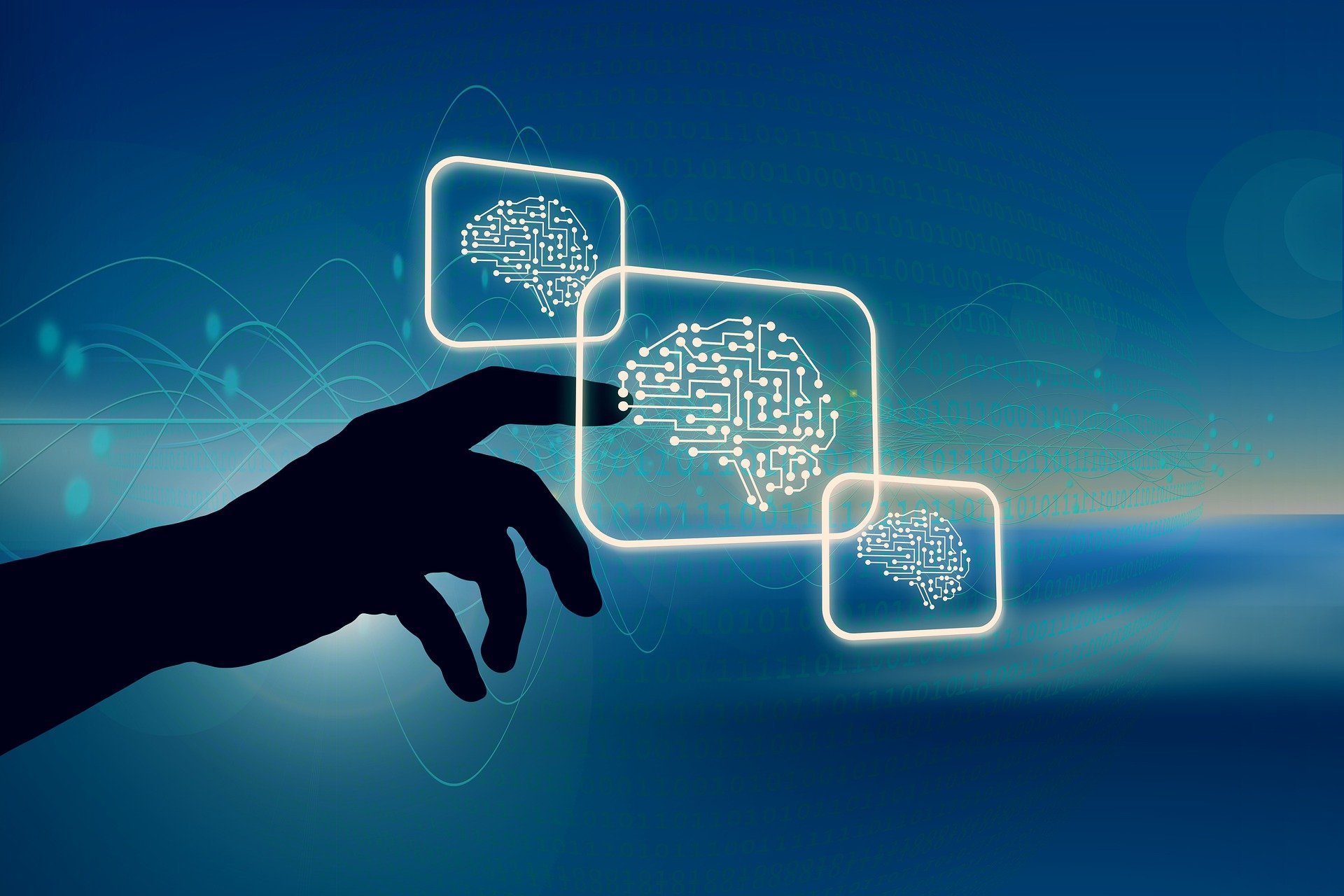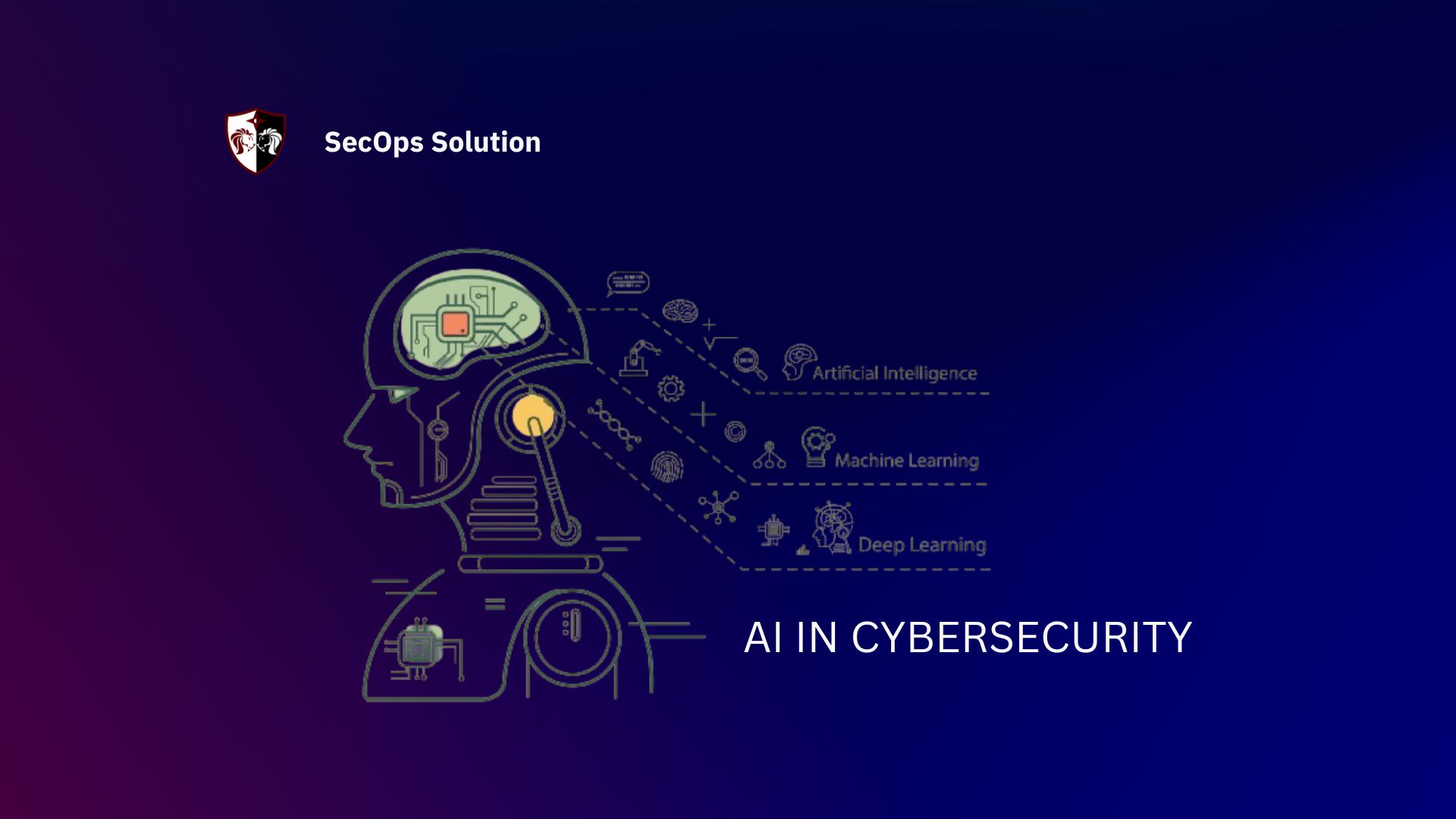
The Rising Tide of AI: Opportunities, Threats, and Skill Development
Artificial intelligence (AI) stands at the forefront of technological advancement today, with a myriad of opportunities influencing entire industries globally. Recently, a noteworthy meeting between Union Minister Ashwini Vaishnaw and Meta’s AI Chief, Yann LeCun, highlighted India’s commitment to enhancing its AI ecosystem through innovative initiatives.
 Exploring the forefront of artificial intelligence innovation
Exploring the forefront of artificial intelligence innovation
Advancing AI Skills in India
Recognizing the potential of AI, particularly in developing indigenous applications, the collaboration between IndiaAI and Meta aims to establish the Center for Generative AI, known as ‘Srijan,’ at IIT Jodhpur. This center promises to foster skill development in AI, aligning with India’s broader vision of technological sovereignty. One of the most exciting facets of this initiative is the YuvAI program, which aims to train 100,000 students in AI skills, focusing on open-source large language models (LLMs) over the coming years.
As Vaishnaw noted in the conversation, “Our AI mission is advancing with strong collaborations amongst industry, government, and academia.” This commitment emphasizes strategic partnerships that can greatly propel India’s AI capabilities.
Cybersecurity Concerns in AI
While the growth of AI presents compelling prospects, it also brings significant challenges, particularly concerning cybersecurity. Major AI corporations like OpenAI, Microsoft, and Meta are expressing growing concerns over cyber threats targeting their large language models. Data pollution and model compromise stand as two critical issues that these organizations must navigate.
In a specialized panel, Anand Eswaran, CEO of Veeam Software, articulated the pressing need for robust security measures to protect against threats that could degrade the quality of AI outputs. He stated, “Public, open-source models and public consumer AI models will have to go through a journey to avoid corrupt models, leading to bad outcomes.” Protecting these sophisticated models, which are used in high-stakes environments like loan approvals, is essential to maintain ethical standards in AI applications.
 The importance of protecting AI models from threats
The importance of protecting AI models from threats
The Imperative for Ethical AI
The need for ethical standards in AI implementation has never been more urgent. Concerns regarding discrimination in decision-making processes highlight the ethical dilemmas facing AI developers today. As AI becomes increasingly integrated into pivotal sectors such as healthcare, education, and financial services, the dialogue surrounding responsible AI innovation must evolve.
The establishment of the Generative AI resource hub at IIT Jodhpur will include educational resources to ensure students and developers understand the ethical implications of the technology they are working with. This responsible approach is crucial as India aims to position itself as a leader in ethical AI development.
Coordinated Response to Cyber Threats
As AI adoption rises, so does the potential for cyber threats to derail progress. A recent report indicated that 75% of global organizations faced ransomware attacks in 2023, with many opting to pay the ransom without data recovery. This amplifies the need for a coordinated defense strategy among AI companies.
Adopting practices that ensure data resilience through partnerships with cybersecurity firms is now a priority. Companies must prepare to recover from these incidents, securing their models and safeguarding user data. Failure to do so could result in severe reputational damage and loss of public trust.
 Strategies for safeguarding AI systems from cyber threats
Strategies for safeguarding AI systems from cyber threats
Future Vision for India’s AI Landscape
The future of AI in India looks promising as the nation invests in developing a skilled workforce capable of navigating the complex landscape of artificial intelligence. Initiatives like YuvAI represent a monumental step toward democratizing AI education, empowering diverse groups to contribute to the burgeoning field. Moreover, ethical considerations surrounding AI development are finally being given the attention they deserve, paving the way for responsible use of technology.
Vaishnaw’s dialogue with Yann LeCun and the dedication of organizations toward securing AI models signifies a collective understanding of both the potential and the challenges that lie ahead in the AI journey. This collaboration not only aligns with India’s goals of technological independence but also sets a benchmark for how nations can approach AI in a responsible manner, balancing innovation with ethical imperatives.
In conclusion, while opportunities abound, the health of the AI ecosystem hinges on cultivating a skilled workforce and addressing cybersecurity challenges head-on. The actions taken today will define the capabilities and ethics of AI technologies for future generations.
For more insights on AI advancements, you can explore articles on platforms like India Today Education Desk.














